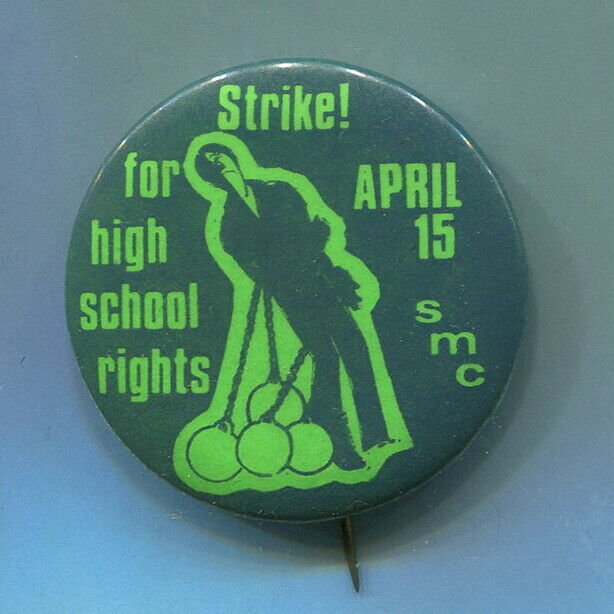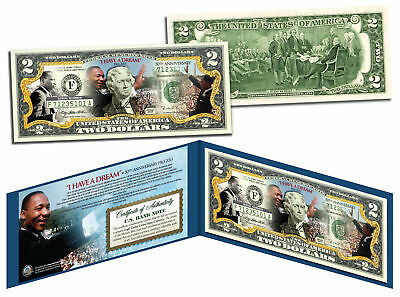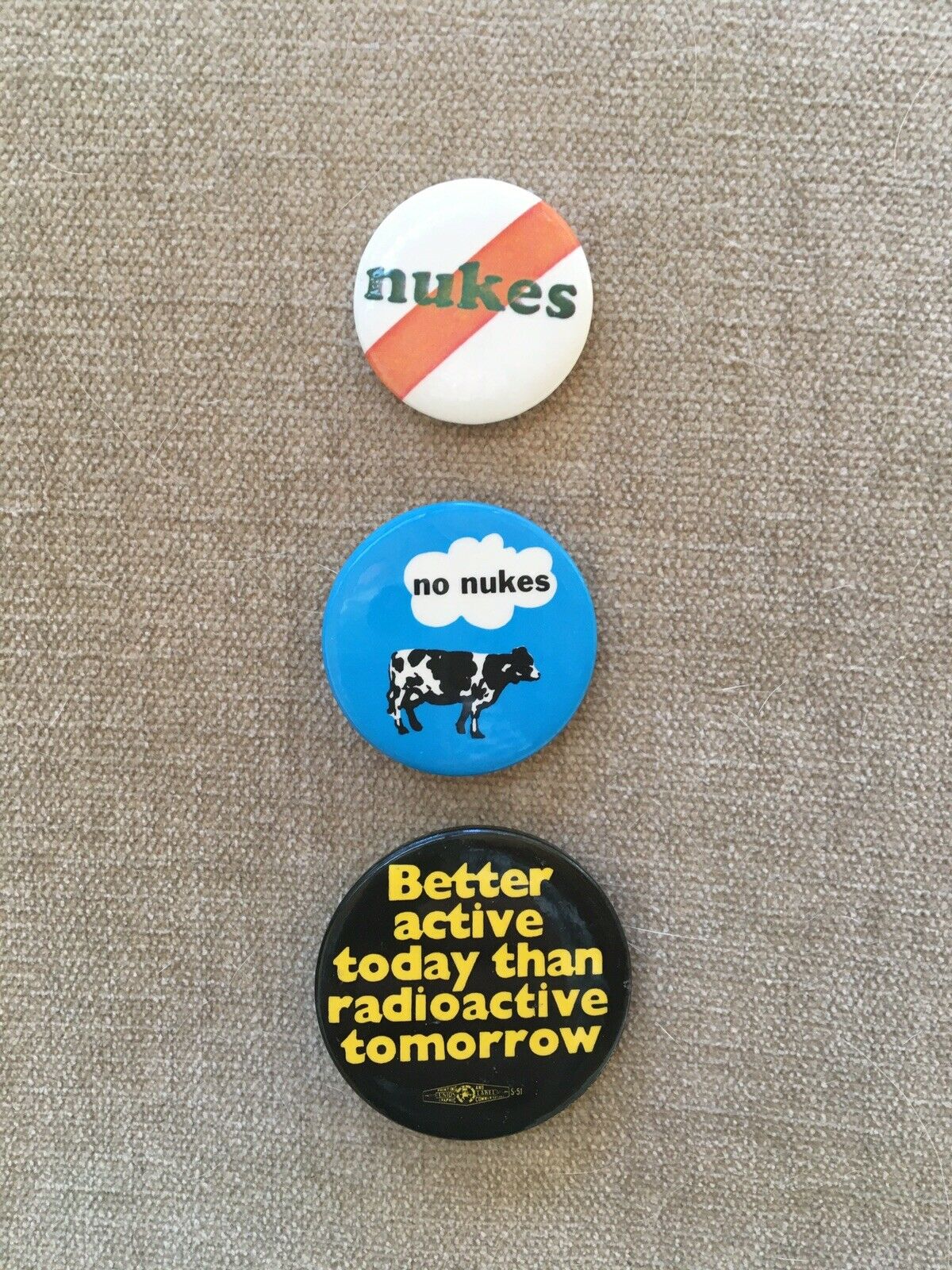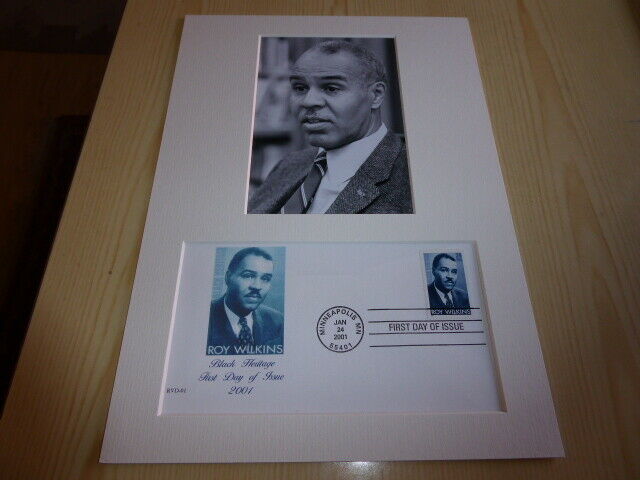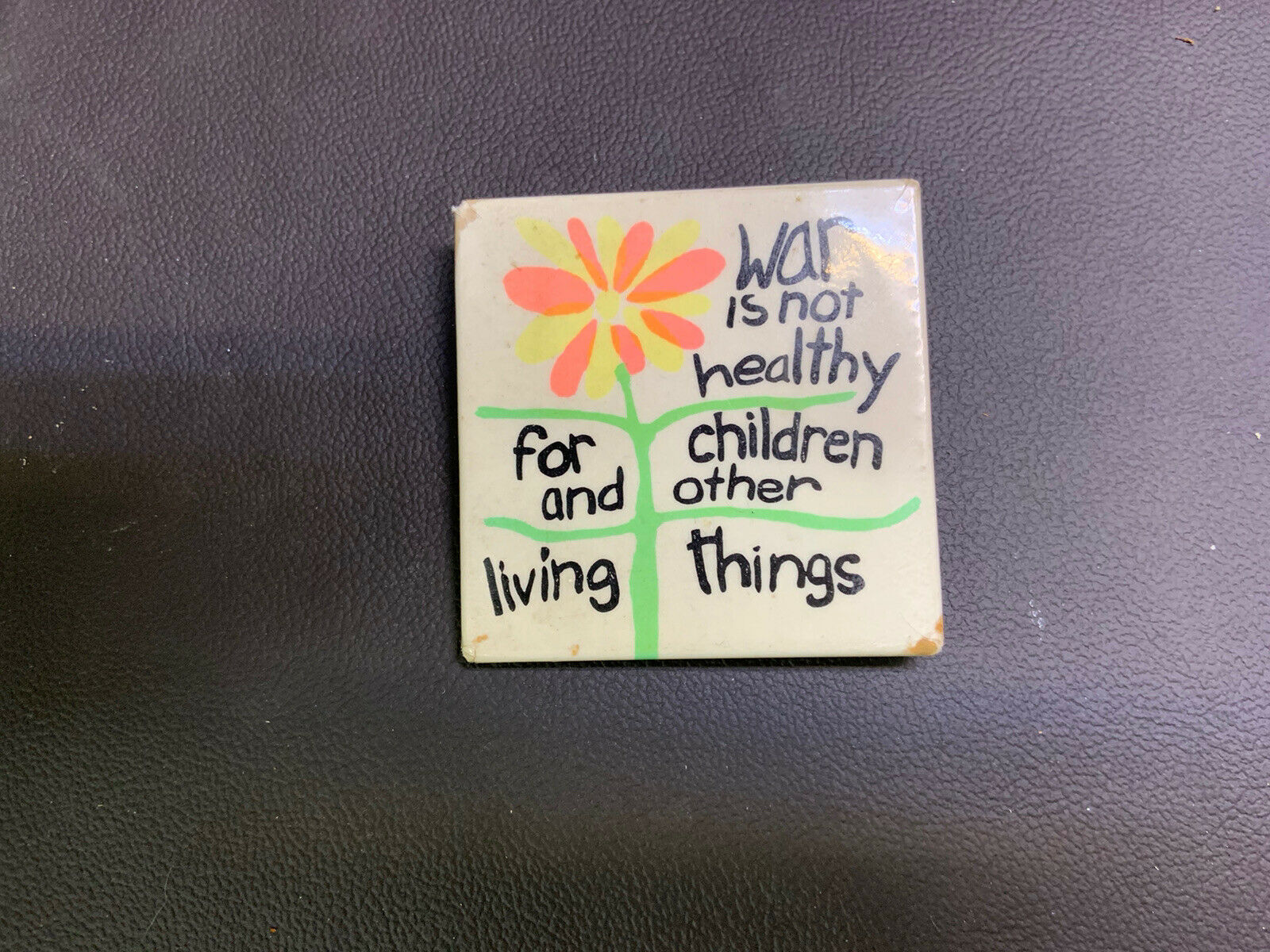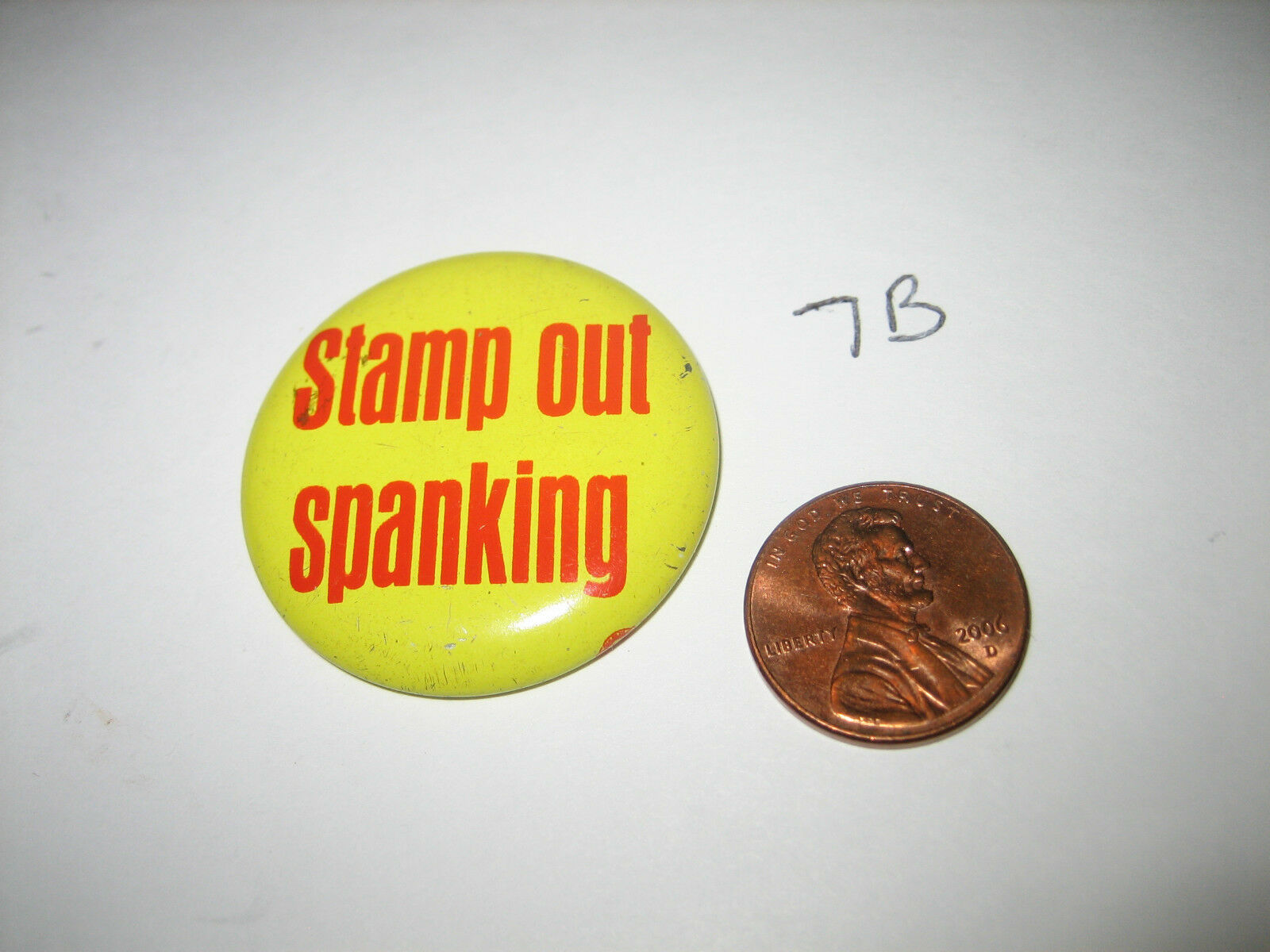-40%
April 15, 1970 Anti Vietnam War S.M.C. Strike for High School Rights Cause pin
$ 7.89
- Description
- Size Guide
Description
THIS LISTING BEGAN ON MAY 30, 2021 AND WILLEND WITHIN 30 DAYS, ON OR BEFORE JUNE 30, 2021,
IF THE ITEM IS NOT SOLD
OFFERED FOR SALE IS THIS
1 3/4 INCH CELLULOID PINBACK BUTTON
IN WHAT I BELIEVE TO BE REALLY NICE SHAPE.
HOWEVER, THAT IS JUST MY OPINION. SEE PHOTO FOR CONDITION, AND YOU BE THE JUDGE. I AM GLAD TO ANSWER ANY QUESTIONS YOU MAY HAVE. PLEASE CONTACT ME BEFORE BIDDING OR BUYING.
RETURNS ARE NOT ACCEPTED
UNLESS
THE ITEM IS NOT AS DESCRIBED OR SHOWN IN THE PHOTOS OR HAS SIGNIFICANT DAMAGE OR DEFECTS NOT VISIBLE IN THE PHOTOS OR OTHERWISE DESCRIBED.
GUARANTEED AUTHENTIC AND ORIGINAL AS DESCRIBED
.
Check out my other items!
This pin was issued and sold by the
Student Mobilization Committee
(
SMC
) in connection with its call for nationwide college and high school student strikes and protests against the war in Vietnam on
April 15 1970.
The pin has great graphics of a high school student bound in balls and chains and reads:
Strike! for high school rights
APRIL 15
smc
The call for these anti war actions came at
SMC's National Student Antiwar Conference
in Cleveland, Ohio, on February 14 –
15, 1970.
Nearly
500
high school students
from across the country attended it to address issues that were most relevant to them.
At the conference,
students
adopted
a
“
High School Bill of Rights
,”which included the
right of students to engage in
political activity, free speech, and free elections as well as their right to due process and constitutional protections
.
Students also demanded an end to administrations’
complicity in
what they saw as the
“
war machine
”
and the right to shape their curriculum and evaluate
their teachers. This document was not merely symbolic. Students in Oakland and San Francisco attempted to get their school districts to adopt it as an official policy.
This underground pinback button pin or badge relates to the Hippie (or Hippy) Counterculture Movement of the psychedelic Sixties (1960's) and Seventies (1970's). That movement included such themes and topics as peace, protest, civil rights, radical, socialist, communist, anarchist, union labor strikes, drugs, marijuana, pot, weed, lsd, acid, sds, iww, anti draft, anti war, anti rotc, welfare rights, poverty, equal rights, integration, gay, women's rights, black panthers, black power, left wing, liberal, etc. progressive political movement and is guaranteed to be genuine as described.
The strategy and methods that the Deacons employed attracted the attention and concern of the Federal Bureau of Investigation (FBI), which authorized an investigation into the group’s activities. The investigation stalled, however, when more influential black power organizations such as US and the
Black Panther Party
emerged after the
1965 Watts Riot
. With public attention, and the attention of the FBI focused elsewhere, the Deacons lost most of their notoriety and slowly declined in influence. By 1968 they were all but extinct. In 2003 the activities of the Deacons was the subject of a 2003, “Deacons for Defense.” - See more at: HTTPS://www.blackpast.org/aah/deacons-defense-and-justice#sthash.s6D3h3ZZ.dpuf
On July 10, 1964, a group of African American men in Jonesboro,
Louisiana
led by Earnest “Chilly Willy” Thomas and Frederick Douglas Kirkpatrick founded the group known as The Deacons for Defense and Justice to protect members of the
Congress of Racial Equality (CORE)
against Ku Klux Klan violence. Most of the “Deacons” were veterans of
World War II
and the
Korean War
. The Jonesboro chapter organized its first affiliate chapter in nearby Bogalusa, Louisiana led by Charles Sims, A.Z. Young and Robert Hicks. Eventually they organized a third chapter in Louisiana. The Deacons tense confrontation with the Klan in Bogalusa was crucial in forcing the federal government to intervene on behalf of the local African American community. The national attention they garnered also persuaded state and national officials to initiate efforts to neutralize the Klan in that area of the Deep South.
The Deacons emerged as one of the first visible self-defense forces in the South and as such represented a new face of the
civil rights
movement. Traditional civil rights organizations remained silent on them or repudiated their activities. They were effective however in providing protection for local African Americans who sought to register to vote and for white and black civil rights workers in the area. The Deacons, for example, provided security for the 1966 March Against Fear from Memphis to Jackson,
Mississippi
. Moreover their presence in Southeastern Louisiana meant that the Klan would no longer be able to intimidate and terrorize local African Americans without challenge.
The strategy and methods that the Deacons employed attracted the attention and concern of the Federal Bureau of Investigation (FBI), which authorized an investigation into the group’s activities. The investigation stalled, however, when more influential black power organizations such as US and the
Black Panther Party
emerged after the
1965 Watts Riot
. With public attention, and the attention of the FBI focused elsewhere, the Deacons lost most of their notoriety and slowly declined in influence. By 1968 they were all but extinct. In 2003 the activities of the Deacons was the subject of a 2003, “Deacons for Defense.” - See more at: HTTPS://www.blackpast.org/aah/deacons-defense-and-justice#sthash.s6D3h3ZZ.dpuf
On July 10, 1964, a group of African American men in Jonesboro,
Louisiana
led by Earnest “Chilly Willy” Thomas and Frederick Douglas Kirkpatrick founded the group known as The Deacons for Defense and Justice to protect members of the
Congress of Racial Equality (CORE)
against Ku Klux Klan violence. Most of the “Deacons” were veterans of
World War II
and the
Korean War
. The Jonesboro chapter organized its first affiliate chapter in nearby Bogalusa, Louisiana led by Charles Sims, A.Z. Young and Robert Hicks. Eventually they organized a third chapter in Louisiana. The Deacons tense confrontation with the Klan in Bogalusa was crucial in forcing the federal government to intervene on behalf of the local African American community. The national attention they garnered also persuaded state and national officials to initiate efforts to neutralize the Klan in that area of the Deep South.
The Deacons emerged as one of the first visible self-defense forces in the South and as such represented a new face of the
civil rights
movement. Traditional civil rights organizations remained silent on them or repudiated their activities. They were effective however in providing protection for local African Americans who sought to register to vote and for white and black civil rights workers in the area. The Deacons, for example, provided security for the 1966 March Against Fear from Memphis to Jackson,
Mississippi
. Moreover their presence in Southeastern Louisiana meant that the Klan would no longer be able to intimidate and terrorize local African Americans without challenge.
The strategy and methods that the Deacons employed attracted the attention and concern of the Federal Bureau of Investigation (FBI), which authorized an investigation into the group’s activities. The investigation stalled, however, when more influential black power organizations such as US and the
Black Panther Party
emerged after the
1965 Watts Riot
. With public attention, and the attention of the FBI focused elsewhere, the Deacons lost most of their notoriety and slowly declined in influence. By 1968 they were all but extinct. In 2003 the activities of the Deacons was the subject of a 2003, “Deacons for Defense.” - See more at: HTTPS://www.blackpast.org/aah/deacons-defense-and-justice#sthash.s6D3h3ZZ.dpuf
On July 10, 1964, a group of African American men in Jonesboro,
Louisiana
led by Earnest “Chilly Willy” Thomas and Frederick Douglas Kirkpatrick founded the group known as The Deacons for Defense and Justice to protect members of the
Congress of Racial Equality (CORE)
against Ku Klux Klan violence. Most of the “Deacons” were veterans of
World War II
and the
Korean War
. The Jonesboro chapter organized its first affiliate chapter in nearby Bogalusa, Louisiana led by Charles Sims, A.Z. Young and Robert Hicks. Eventually they organized a third chapter in Louisiana. The Deacons tense confrontation with the Klan in Bogalusa was crucial in forcing the federal government to intervene on behalf of the local African American community. The national attention they garnered also persuaded state and national officials to initiate efforts to neutralize the Klan in that area of the Deep South. - See more at: HTTPS://www.blackpast.org/aah/deacons-defense-and-justice#sthash.s6D3h3ZZ.dpuf
THIS IS MY HOBBY AND IS
NOT A BUSINESS
. THIS AND MY OTHER ITEMS ON EBAY ARE FROM MY PERSONAL COLLECTIONS AND WERE NOT INITIALLY ACQUIRED BY ME FOR RESALE. PROCEEDS GO TO BUY OTHER STUFF I AM INTERESTED IN COLLECTING.
I AM A MEMBER OF
A. P. I .C. (AMERICAN POLITICAL ITEMS COLLECTORS)
.
IF YOU ARE NOT A MEMBER, YOU SHOULD CONSIDER JOINING. IT IS A GREAT ORGANIZATION!
SHIPPING:
ITEMS WILL BE SAFELY PACKED TO AVOID DAMAGE DURING SHIPPING.
ITEMS ARE SHIPPED BY FIRST CLASS MAIL
.
SHIPPING TO DESTINATIONS
WITHIN THE UNITED STATES
IS
.50
OUTSIDE THE UNITED STATES
, SHIPPING IS
.00
.
I WILL
REDUCE SHIPPING CHARGES ON MULTIPLE ITEMS
.
HOWEVER,
TO OBTAIN A REDUCTION, YOU MUST WAIT TO PAY
FOR THE MULTIPLE ITEMS
UNTIL YOU RECEIVE AN INVOICE FROM ME
WITH REDUCED - COMBINED SHIPPING CHARGES. YOU CAN ALSO REQUEST ONE, ANYTIME.
ONCE YOU PAY MULTIPLE SHIPPING CHARGES
FOR MULTIPLE ITEMS,
I CANNOT MAKE REFUNDS IN WHOLE OR IN PART
.
THANK YOU FOR YOUR INTEREST.
